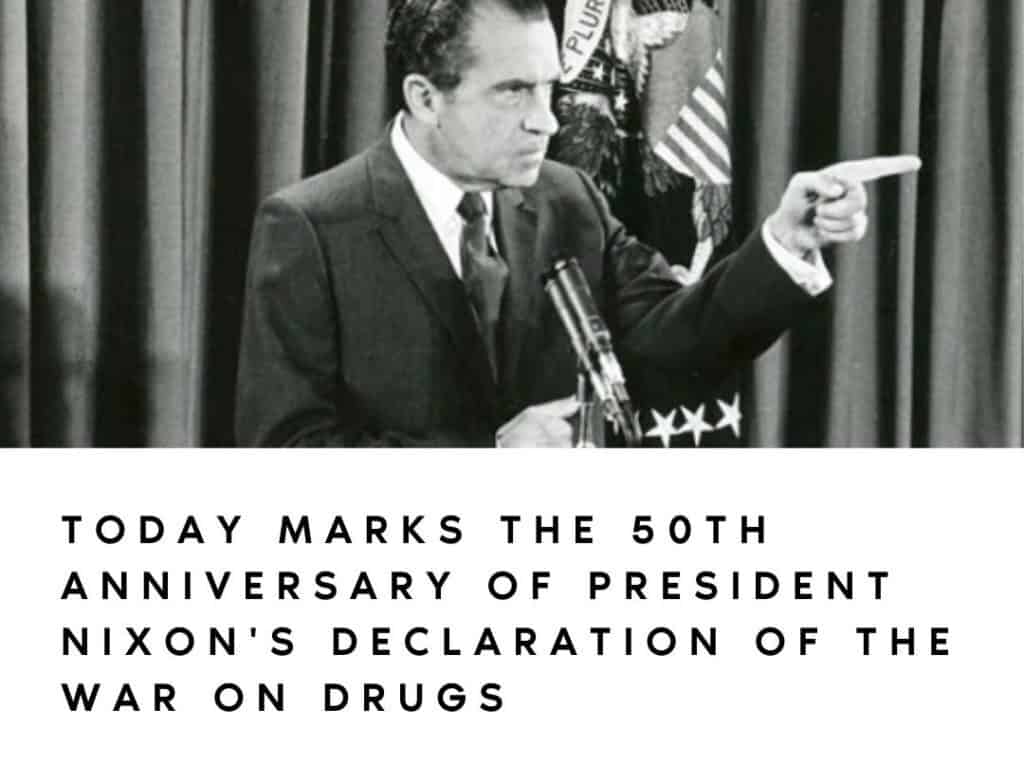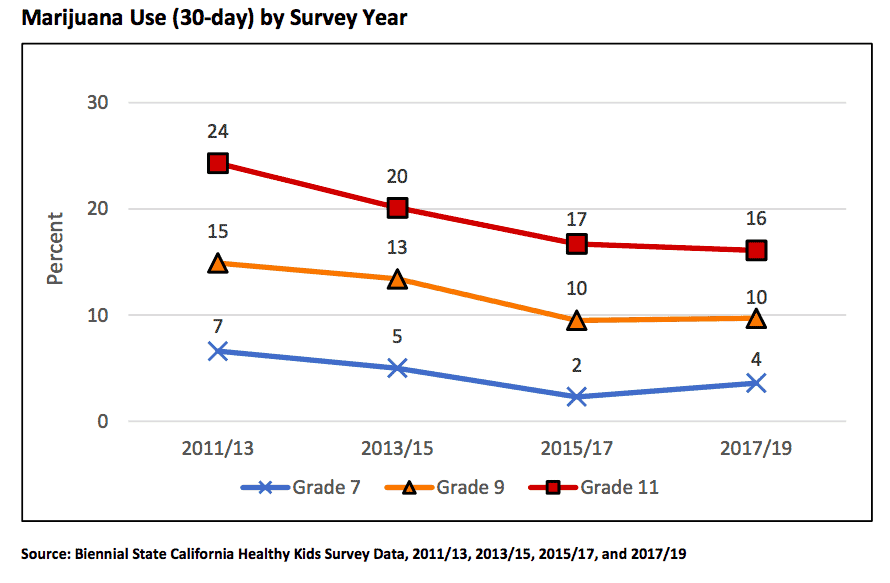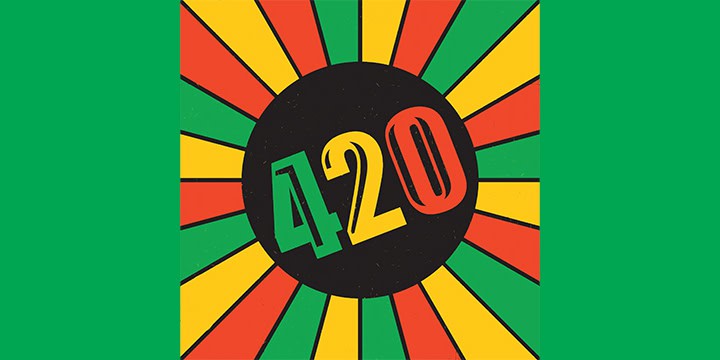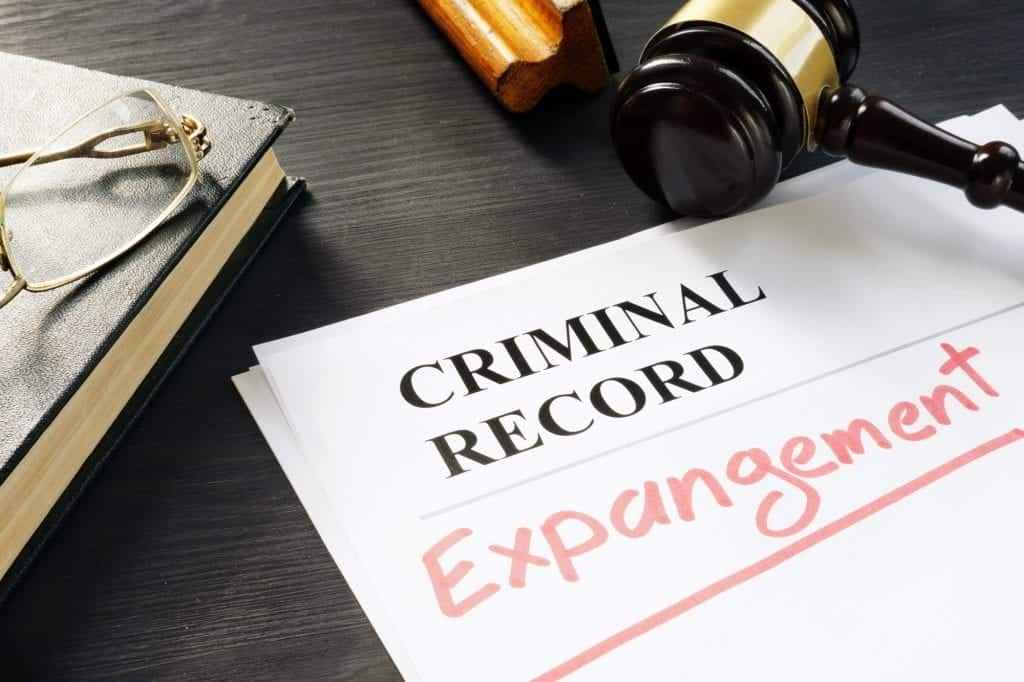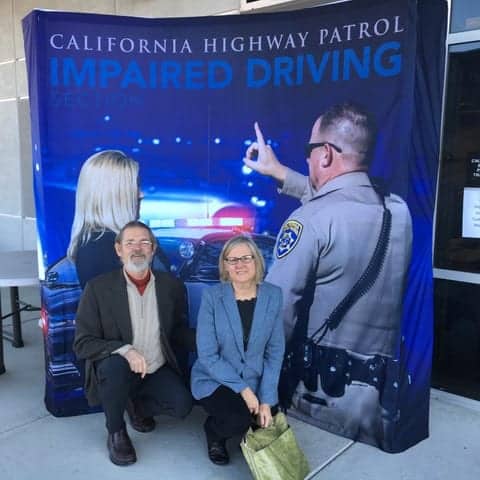Cal NORML Calls for Drug Peace Day on June 17
This June 17th marks the 50th anniversary of President Nixon’s declaration of the War on Drugs. The evidence is clear that the drug war has failed; 83% of Americans say so in a recent ACLU poll. Cal NORML is declaring a day of peace on June 17 in support of more effective, equitable, and …

